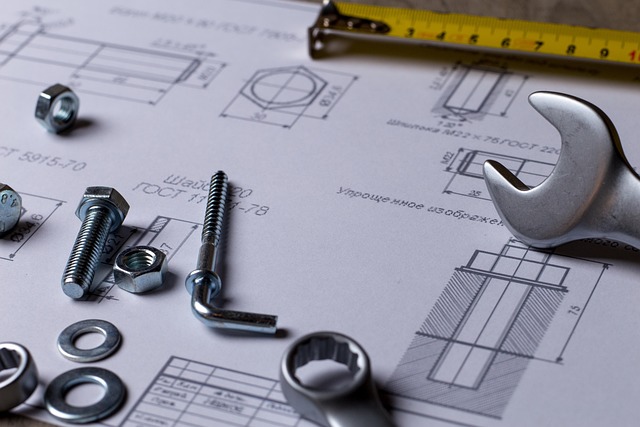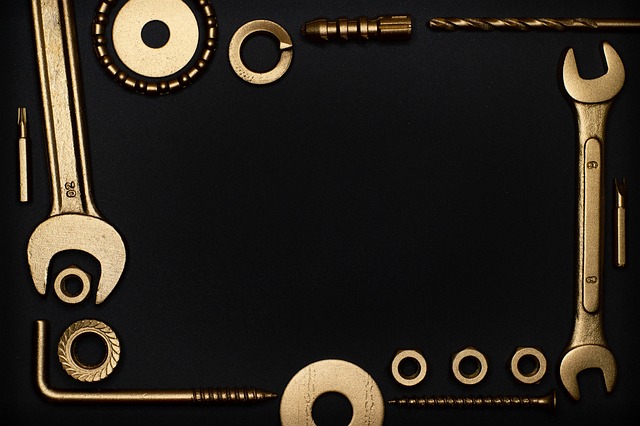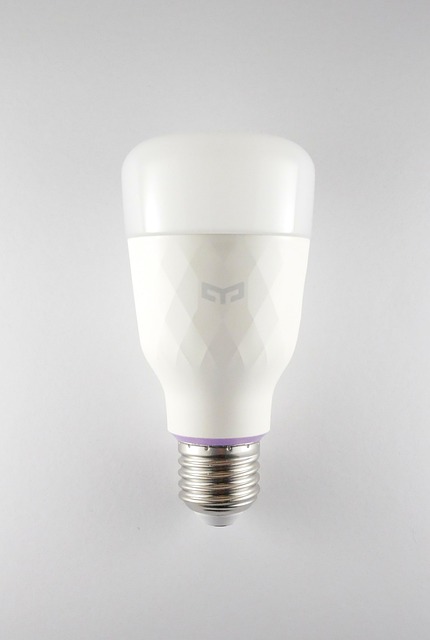Ultrasonic thickness gauges, leveraging high-frequency sound waves, offer precise non-invasive measurements for diverse materials, particularly in automotive sectors like collision centers and auto body shops. These devices streamline repair processes, maintain structural integrity, and ensure efficient material evaluation, transforming retail by providing top-notch service across various industries including packaging and manufacturing. To confirm their usage, strategize through direct inquiries, observation of operations, and review of customer feedback and case studies.
In today’s retail landscape, many shops are adopting advanced technologies like the ultrasonic thickness gauge to enhance their operations. This innovative tool measures material thickness with remarkable accuracy, offering benefits in inventory management and quality control. However, verifying a shop’s actual usage of this technology can be challenging. This article guides you through understanding ultrasonic thickness gauge technology, its applications in retail, and effective methods to confirm if stores in your area are leveraging this cutting-edge solution.
- Understanding Ultrasonic Thickness Gauge Technology
- Identifying Its Application in Retail Shops
- Effective Methods to Verify its Usage
Understanding Ultrasonic Thickness Gauge Technology

Ultrasonic thickness gauges are innovative tools that utilize high-frequency sound waves to measure the depth or thickness of various materials non-destructively. This technology is especially valuable in industries such as automotive collision centers and auto body restoration shops, where precise material assessment is crucial for accurate repair estimates and quality control.
By sending ultrasonic pulses through a material and measuring the time it takes for the waves to return, these gauges provide highly accurate thickness readings. This method is reliable because it does not alter or damage the surface of the material being tested, ensuring that vehicles undergoing collision repair or auto body restoration can be assessed accurately without any adverse effects on their structural integrity.
Identifying Its Application in Retail Shops

In today’s retail landscape, especially within car body shops and vehicle repair services, the ultrasonic thickness gauge has emerged as a game-changer. This innovative technology plays a pivotal role in ensuring precision and quality control during various processes. By measuring the thickness of materials non-destructively, it aids in tasks such as checking metal panels for damage or wear, validating paint jobs, and even assessing the condition of car bodywork services. The gauge’s ability to provide accurate, real-time data makes it an indispensable tool for maintaining high standards in vehicle repair, ensuring that every car body shop can deliver top-notch services.
The application of ultrasonic thickness gauges is not limited to car body shops; they find utility in diverse retail settings where material thickness evaluation is crucial. From ensuring the integrity of packaging materials to quality control in manufacturing, these gauges offer precise measurements without causing damage to the product. This versatility makes them a valuable asset for any business aiming to streamline operations and maintain consistency in their products or services, be it car bodywork services or other industrial applications.
Effective Methods to Verify its Usage

To effectively verify if shops are utilizing ultrasonic thickness gauge technology, several strategic methods can be employed. One approach is to directly inquire about their quality control processes and whether they incorporate non-destructive testing (NDT) techniques like ultrasonic thickness gauging. Many reputable shops will proudly showcase their adherence to industry standards and advanced quality assurance measures.
Another tactic involves observing the shop’s operations, especially during auto body work or body shop services. Look for specialized equipment and trained personnel handling thin gauge materials with precision. Additionally, reviewing customer feedback and case studies can provide insights into a shop’s methodology for dent removal and other intricate repairs, further confirming their use of advanced tools like ultrasonic thickness gauges.
Ultrasonic thickness gauges offer a non-invasive and precise method for measuring material thickness, making them valuable tools in various industries. In retail shops, these technologies are increasingly being adopted for applications like quality control, inventory management, and ensuring product authenticity. To verify if shops indeed utilize this technology, one can look for specific indicators such as dedicated equipment displays, trained staff, or detailed product information available to customers. By combining these observation methods with direct inquiries, it’s possible to confirm the presence and effective use of ultrasonic thickness gauges in retail settings.














